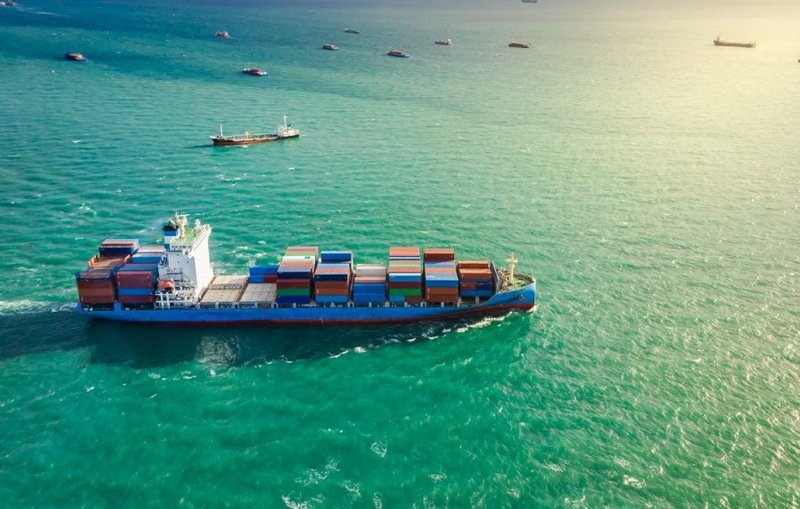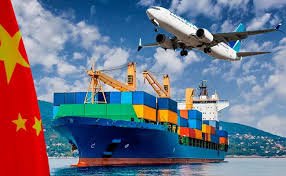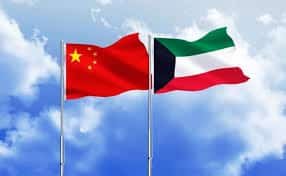
Introduction — Why Sustainability Matters in Asia’s Maritime Logistics
Asia’s marine industry handles over 80% of the region’s international trade and plays a critical role in global supply chains. As environmental pressures intensify—from climate regulation to marine biodiversity threats—the sector must reinvent itself to align with sustainable development. For shipping-forwarding companies like Guanwutong, integrating green strategies is not just ethical—it’s essential for resilience and competitiveness.
Decarbonizing the Fleet: Fuel Transition in Maritime Transport
Maritime shipping contributes approximately 2–3 % of global CO₂ emissions, prompting calls for greener fuel alternatives. Across Asia, leading shipping firms are investing in:
- LNG fuel bunkering, especially in Singapore with partners like TotalEnergies and Pavilion Energy;
- Emerging hydrogen and ammonia propulsion, still at pilot stages.
Guanwutong proactively explores eco-shipping options, offering clients routing through lower-emission vessels where available—ensuring freight options align with environmental compliance.
Greener Ports and Cleaner Infrastructure
Ports contribute significantly to marine pollution. Asia’s major ports—including in Singapore and China—are adopting:
- Electrification of yard equipment, reducing diesel consumption;
- Shore power connections, minimizing ship idling emissions at berth.
Through partnerships, Guanwutong prioritizes calling at these modern, green-enabled ports to minimize carbon footprint and support clients engaging in sustainable practices.
Marine Conservation & Circular Economy in Shipping
With Southeast Asia home to critical ecosystems—coral reefs, mangroves, and seagrasses—shipping’s physical and chemical impacts are of growing concern. Key mitigation steps include:
- Ship recycling, employing safe, certified procedures;
- Waste management and minimizing plastic dumping;
- Fuel and ballast water treatment to avoid toxic release.
Guanwutong is aligning with carriers that follow waste-to-energy, responsible recycling, and marine protection protocols to support ecosystem preservation.
Tech-Driven Smart Shipping & AI for Sustainability
Innovation is accelerating marine sustainability:
- AI-powered port logistics (as seen in Busan Port’s “smart port metaverse”) improved vessel punctuality by 79% and generated $7.3M in additional annual revenue—while reducing emissions.
- Smart routing, predictive maintenance, and fuel consumption modeling reduce energy use.
Guanwutong integrates tech-driven carrier partnerships and logistics platforms to offer predictive, eco-efficient scheduling and route optimization.
Local Regulations & ESG Momentum
Regulations around green shipping, vessel emissions, and marine protection are tightening. Marine sector players across East Asia are adapting to:
- IMO’s decarbonization targets;
- ASEAN-enforced ballast water and antifouling chemical standards;
- National emissions reduction mandates, aligning logistics practices with ESG frameworks.
Guanwutong ensures compliance via green vendor vetting, enabling customers to fulfill both regulatory and CSR demands.
Blue Economy Investments for a Sustainable Future
Beyond logistics, sustainable aquaculture and the blue economy offer integrated environmental benefits. Fund flows supporting carbon-sequestering seaweed farms, coral preservation, and marine biodiversity are gaining traction—even amid financial shortfalls.
Guanwutong supports blue economy initiatives by offering green logistics packages aligned with regenerative marine practices.
Synergy with Guanwutong’s Sustainability Strategy
At Guanwutong, sustainability is integrated across our operations:
- Carrier Selection: Prioritize low-carbon fuel carriers and green-port operators.
- Multi-Modal Efficiency: Combine sea, rail, and inland routes to reduce energy use.
- Smart Logistics: Use digital tools to minimize empty miles and idle time.
- Offset Partnerships: Explore carbon offset programs and green shipping certifications.
- Stakeholder Education: Train teams and clients on sustainable marine logistics practices.
Conclusion — Charting Green Trade Routes for the Future
Asia’s maritime sector is transitioning—powered by decarbonization, smart technology, and marine conservation. Forward-thinking freight forwarders like Guanwutong are instrumental in delivering this transition—providing clients not just supply chain solutions, but sustainable pathways forward.
Let us navigate your trade into the green horizon.
SEO Metadata
SEO Title:
Sustainable Shipping Trends in Asia’s Marine Sector | Green Logistics Guide 2025
メタディスクリプション
Explore how Asia’s maritime industry is going green with low-carbon fuels, smart ports, AI logistics, and marine conservation. Learn how Guanwutong integrates sustainability into eco-efficient shipping.
Focus Keywords:
Asia sustainable maritime sector, green shipping trends Asia, smart port logistics, marine conservation shipping, Guanwutong green logistics


